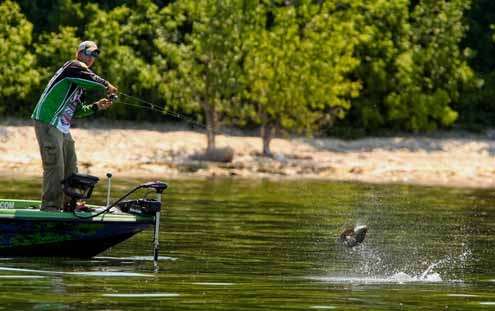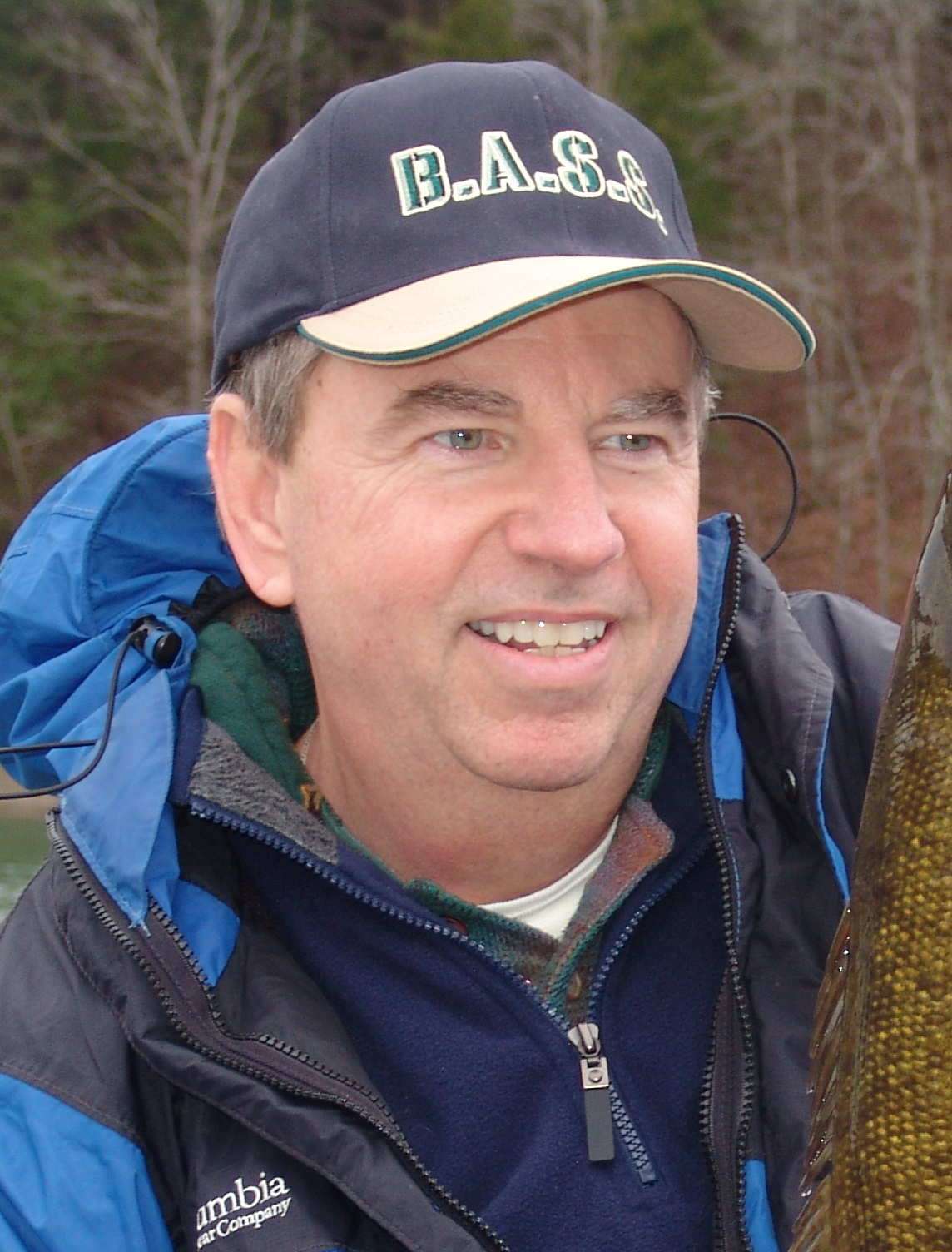
MADISON, Wis. — Wisconsin waters are more tournament-friendly these days, with culling allowed in permitted events as one of the most important new regulations.
“Historically, not being able to cull created some pretty sizable rifts between the bass fishermen and the Wisconsin Department of Natural Resources (DNR),” said Dan Brovarney, conservation director for the Wisconsin B.A.S.S. Nation. “With the state legislature and Gov. Scott Walker passing legislation that made culling legal, the two groups were tasked with working out the logistics of implementing the new rules.
“The new rules package serves to clean up the details of the new law.”
Gene Gilliland, B.A.S.S. conservation director, added that the DNR deserves credit for addressing angler concerns. “With these new regulations, we’re seeing that it’s more flexible and willing to work with anglers,” he said.
He said he believes that the 2012 Bassmaster Elite Series Green Bay Challenge opened some people’s eyes. “It allowed biologists and administrators to better understand what B.A.S.S. pro level tournaments are all about.”
In addition to culling, the regulations require that tournament boundaries on Green Bay be based on location of launch site, while they allow one national-level tournament to be exempt from the defined boundaries. Also, DNR now may provide an exemption from the reduced daily bag limit during July and August on lakes of more than 2,000 acres for national events and state or regional championships that are part of the process to qualify for national events.
The new rules require demonstration of a working livewell for participation in open-water, catch-and-release tournaments, and they require establishment of standards for holding tanks on shore for catch-and-release events.
Plus, tournaments with fewer than 20 boats can be staged without them counting against monthly maximums allowed on some waters. “This allows bass clubs to obtain permits for outings without eating up tournament permits on bodies of water like the Mississippi River,” Brovarney said.
“The three very successful events that B.A.S.S. has run in the state during the last few years have been critical in pushing this rules package forward,” he concluded.

